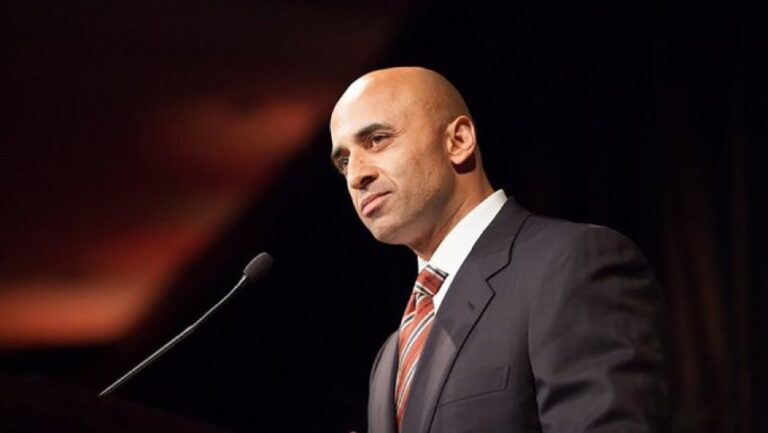 Bank of America is set to eliminate at least 3,500 jobs in the coming months, as the beleaguered financial giant seeks to cut costs and restructure amid deepening shareholder dissatisfaction.
Bank of America is set to eliminate at least 3,500 jobs in the coming months, as the beleaguered financial giant seeks to cut costs and restructure amid deepening shareholder dissatisfaction.
With its stock down more than 50 percent since January, the job cuts by Bank of America may be only the start of a broader restructuring at the company, which is the nation’s largest bank. Brian T. Moynihan, the chief executive of the bank, has said that he hopes to trim quarterly expenses by $1.5 billion. Thousands more job cuts are likely in the months ahead.
“I know it is tough to have to manage through reductions,” Mr. Moynihan wrote in a memo to the company’s senior leadership late Thursday that outlined the cuts. “But we owe it to our customers and our shareholders to remain competitive, efficient and manage our expenses carefully.”
In the memo, obtained by The New York Times, Mr. Moynihan said the company’s broader revamping effort was nearing completion of its first phase, which examines the consumer business and support functions. A third and final review is set for early September.
The company plans to announce the first results of that project next month, which could include further job cuts that would total more than 10,000.
Mr. Moynihan said in the memo that the company had already begun to tell the 3,500 employees that their jobs were to be eliminated, and that the reductions would come throughout the company. Bank of America, which has roughly 280,000 employees, cut about 2,500 jobs in the first half of the year.
Even more than its large rivals, Bank of America has been battered particularly hard by the bursting of the housing bubble and the surge in foreclosures. It has already suffered tens of billions in losses tied to its disastrous acquisition in 2008 of Countrywide Financial, the subprime lender that has come to epitomize the excesses of the housing boom of the last decade.
Investors are also pressing the bank to buy back billions of dollars in securities it assembled from mortgages that later soured. In June, it agreed to pay a group of investors including Pimco, BlackRock and the Federal Reserve Bank of New York $8.5 billion to settle a portion of these claims.










